Research Call for funding 2020
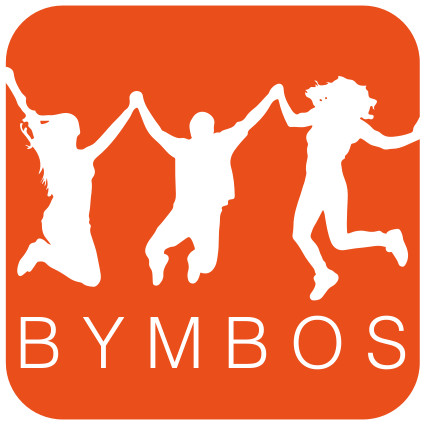
BYMBOS - Breathing Dynamic Modelling for Body Mind Interaction in Students
- Awarded person: Simone Tassani
- Department: Information and Communication Technologies
- Type of action: Pilot Project
Stress and musculoskeletal disorders in young subjects have a large impact on our society and our future both at the health and education level. On the one hand, once the symptoms are developed there is no known therapy to apply if not high consumption of analgesics, that will keep the pain under control until it will eventually degenerate, and surgery will be required. On the other hand, students that are in a position to access a good level of education cannot fully take advantage of it and many of them will abandon university.
BYMBOS is a multi-disciplinary project that aims to describe the probability to develop musculoskeletal conditions related to physical and psychological stress. BYMBOS will develop a proof of concept based on the interaction among breathing, posture and stress.
Related publications:
- Study of the relationship between breathing and stability in young male adults, Chaves P. et al, Capítulo Español de la European Society of Biomechanics (ESB) 25 - 26 de octubre 2021, Granada
- Protocol to evaluate the relationship between breathing and posture with stability, Buritica D. et al., 26th Congress of the ESB, July 11-14, 2021, Milan, Italy
- Effect of Breathing on spine posture and stability, Chaves P. et al., 27th Congress of the ESB, June 26-29, 2022, Porto, Portugal
- Breathing as a mediator between postural stability and stress in students, Tassani S. et al., 28th Congress of the ESB, July 9-12, 2023, Maastricht, the Netherlands
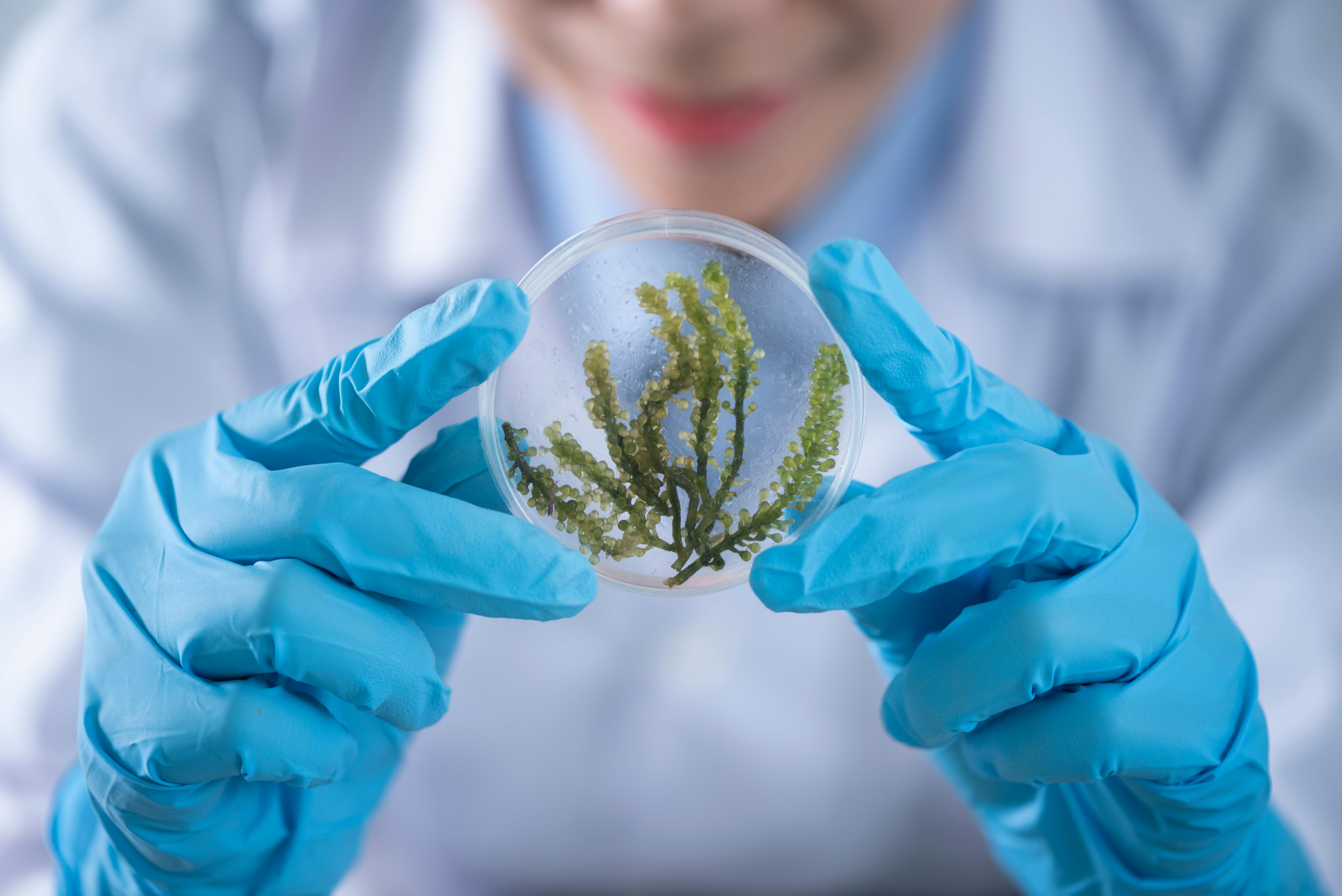
Biobank of Animal Cell Lines. Crio preserving Animal cell lines for Comparative Genomics and Animal Conservation
- Awarded person: Tomás Marqués
- Department: Medicine and Life Sciences
- Type of action: Pilot Project
The Animal Cell Lines Biobank project was born to create a stable, international, and permanent biobank of cell lines from a wide variety of animals, with priority given to species at risk of extinction around the world. This biobank has as its main priorities: The conservation of viable cell lines of captive and wild species with priority to the most threatened vertebrates of the IUCN red list, the characterization of the karyotype and molecular phenotypes of these cell lines, such as genome, epigenome and transcriptomics and study and promote research in cell reprogramming techniques for the creation of iPS (induced pluripotent stem) cells applying in this way as a benchmark biobank at the European level.
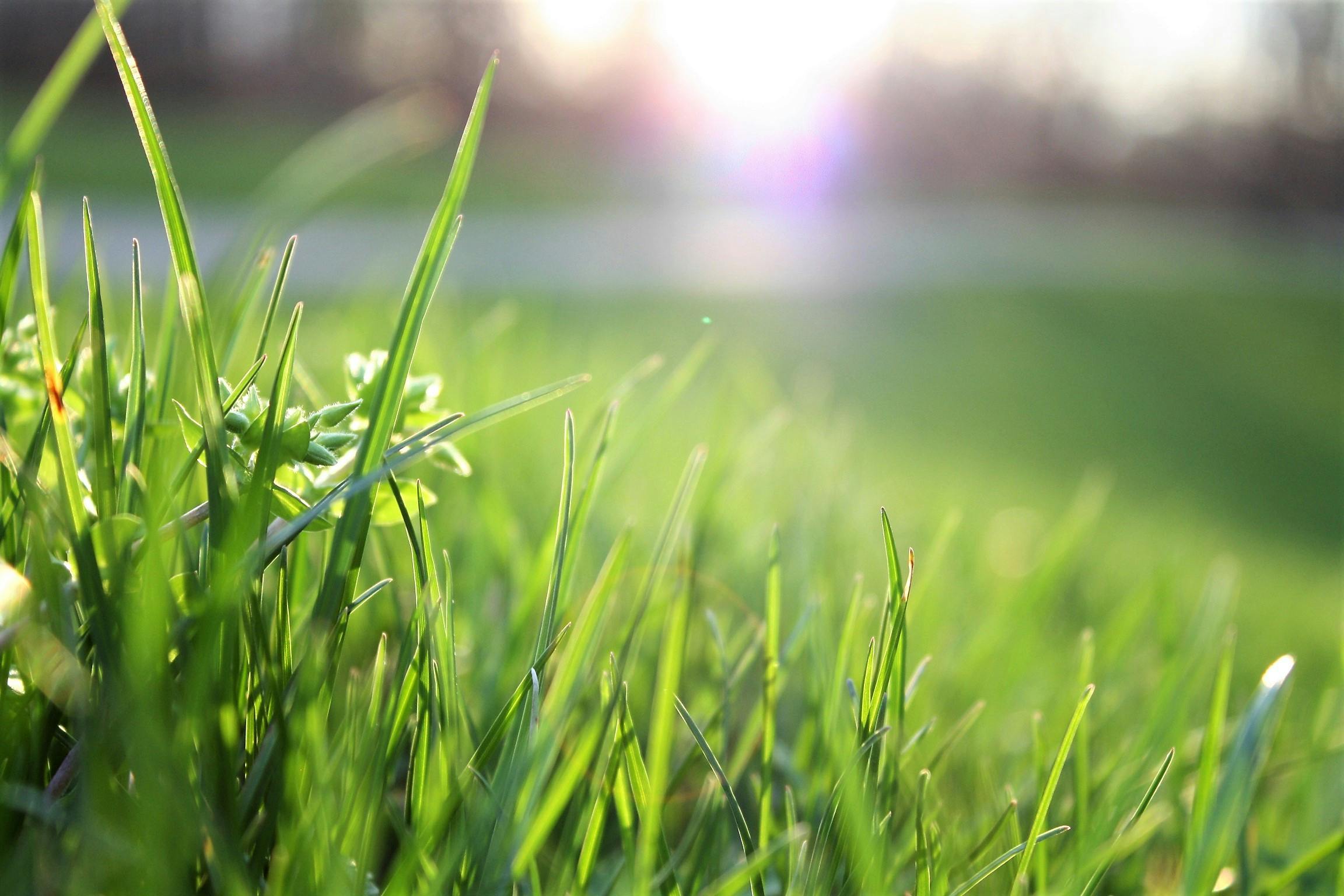
Food, Fertility and Footprints
- Awarded person: Paula Casal and Andrew Williams
- Department: Law
- Type of action: Pilot Project
Our environmental footprints depend on our habits, and particularly the food we eat, as well as on our fertility, that is, on how much we reproduce and how do subsequent generations overlap. For example, if we consume large quantities of beef and have many children at a young age, our footprints will be much higher than if we have only one child when middle aged and maintain a plant-based diet. Some, however, contest this comparison, appealing to our reproductive freedom or to our descendant’s responsibility for their own environmental impacts The project involved various calculations, for example, of the impact of diet, and the discussion of rival opinions to test the plausibility of our hypothesis. Our hypothesis was that there is something special about the interest in parenthood, but this interest is satiable, and in the face of climate change, we cannot all have large, young families, even if we adopt a green lifestyle in all other respects. We have, moreover, additional moral reasons to retrain from meat consumption, even if it is part of our tradition.
Related publications:
-
Jochen Krattenmacher, Paula Casal, Jan Dutkiewicz, Elise Huchard, Edel Sanders, *Nicolas Treich, Dinesh Wadiwel, Andrew Williams, Laurent Bègue, Adam P A Cardilini, Kristof Dhont, Julien Dugnoille, Romain Espinosa, Monica Gagliano, Denis Lairon, Mansi Maheta, Loriane Mendez, Piotr Nowicki, Thomas P Quinn, Oliver Razum, William J Ripple, Hank Rothgerber, Richard Twine, “Universities should lead on the plant-based Dietary Transition”, The Lancet-Planetary Health, vol. 7, issue 5, E354-E355, May 2023.
-
Anton, J.M. et al (including Casal and Williams) “The Planetary Wellbeing Initiative: Pursuing the Sustainable Development Goals in Higher Education”, Sustainability vol 13, issue 6, 3372, 2021.
-
Casal and Williams “Justicia Distributiva”, with A. Williams, in Razones públicas, ed. I. González and J. Queralt. Ariel: 281-302.
-
Casal, Reforma fiscal ecológica progresiva. Cuestiones de justicia global, ed. J.A. Davila, Tirant Lo Blanch, 2020, 83-111.
-
Casal, “Whaling, Bullfighting and the Conditional Value of Tradition” Res Publica, vol 27, issue 3, 467-90, 2020.
-
Casal, “Some humans are not persons, and some nonhuman animals are persons. Interview with Peter Singer”, Mètode 116.
-
Casal, “Circulo vicioso. Pandemias, simios y biodiversidad”, Ara, 5 de junio. 2021.
-
Casal “Sufficiency, Nature and the Future”, under consideration with Journal of Political Philosophy.

The Hague Academy of International Law, Winter Courses on Private and Public International Law
- Awarded person: Alesia Zhuk
- Department: Law
- Type of action: PhD student
The Hague Academy's Winter Courses provided Alesia with a unique opportunity to gain a deeper understanding of international law by attending lectures and seminars delivered by prominent legal scholars and practitioners from around the world. The courses covered a wide range of topics related to international law and attract participants from various academic backgrounds. More information about the course here.
Related publications:
- Zhuk, A. Applying blockchain to the modern legal system: Kleros as a decentralised dispute resolution system. Int. Cybersecur. Law Rev. 4, 351–364 (2023). https://doi.org/10.1365/s43439-023-00086-x
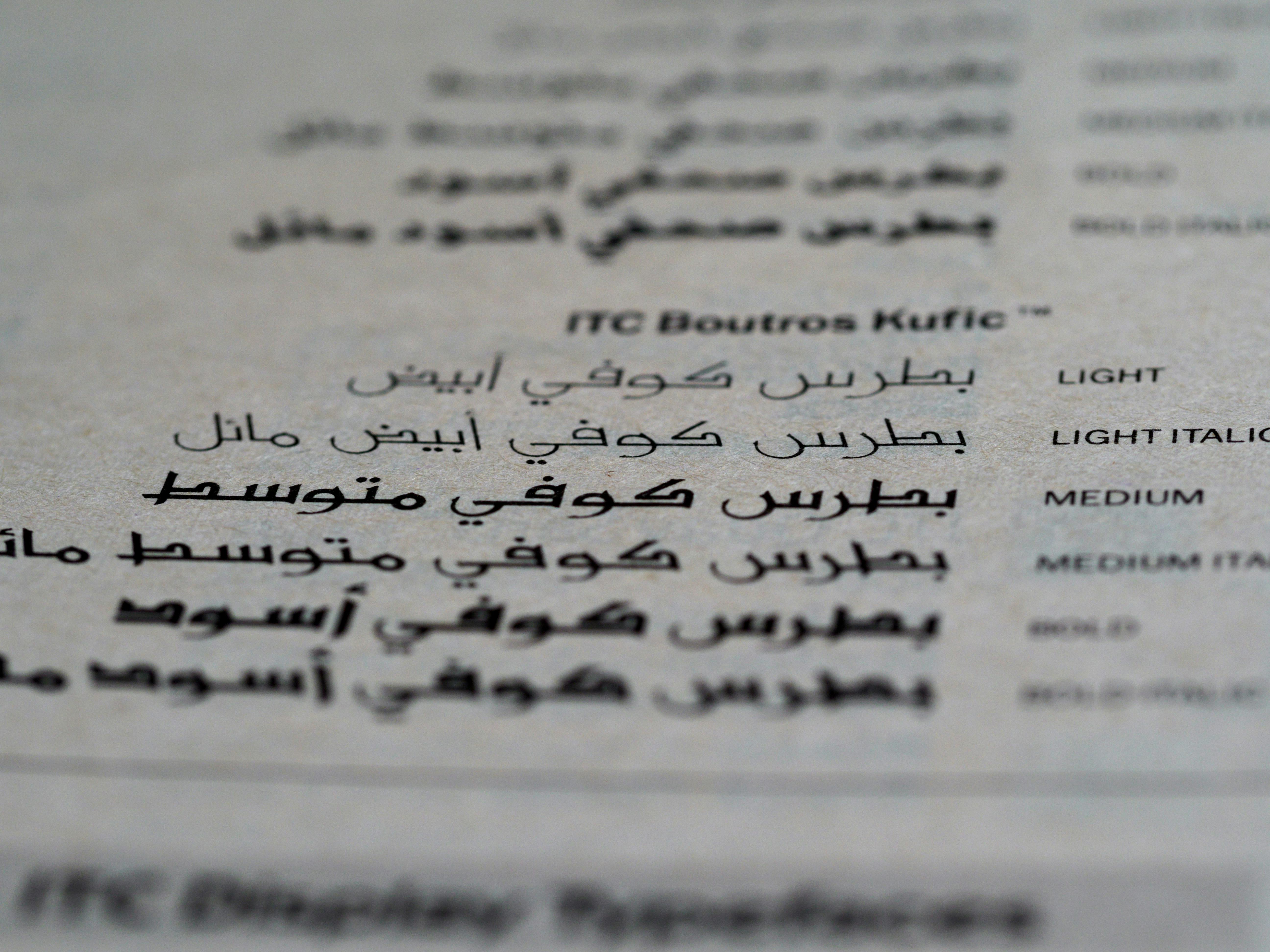
7th IATIS International Conference
- Awarded person: Patrick Zabalbeascoa
- Department: Translation and Language Sciences
- Type of action: Workshops & Conferences
Under the theme of Translation Ecology, the 7th IATIS Conference explored interactions among both human and non-human organisms in translation and between translation and interpreting and its physical environment. These interactions were explored from multiple angles: cultural, social, environmental, political, literary, technological, and ethical, among others. Wherever not specified, we use the term "translation" include written and audiovisual translation, and interpreting. The inspiration for the theme comes from a recognition of the growing importance of multiple forces that impact and are impacted by the work of translators and interpreters.
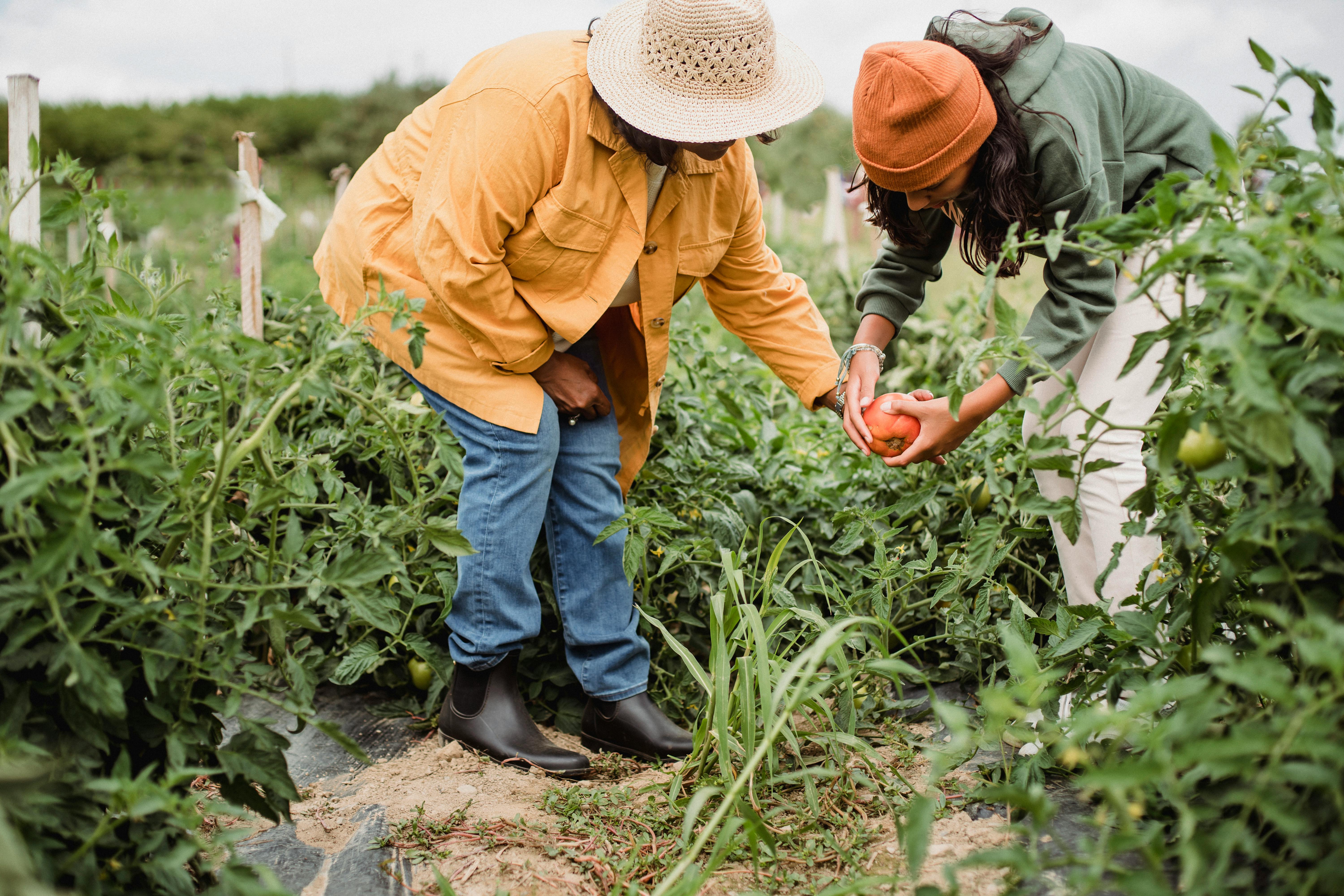
Environmental exposures and molecular markers: a potential link with health outcomes
- Awarded person: Paula de Prado Bert
- Department: Medicine and Life Sciences
- Type of action: PhD student
Through the Planetary Wellbeing Initiative, Paula was able to participate in several courses related to epigenetic epidemiology which provided me new knowledge to develop the different publications that appeared in my PhD Thesis. Moreover, Paula had the opportunity to participate in an online conference related to this topic and presented our research through a video to share our results with the whole academic community, and had the chance to interact with other early-career researchers. Due to COVID-19 one of the main conferences was held online, which was the International Society of Environmental Epidemiology conference for young researchers, in which Paula had the opportunity to conduct an oral presentation and live the experience of participating in an important congress linked to environmental epidemiology. Paula was able to meet other researchers, learn from other countries and share knowledge and impressions.
Related publications:
- de Prado-Bert P, Ruiz-Arenas C, Vives-Usano M, Andrusaityte S, Cadiou S, Carracedo A, Casas M, Chatzi L, Dadvand P, González JR, Grazuleviciene R, Gutzkow K.B, Haug LS, Hernandez-Ferrer C, Keun H.C, Lepeule J, Maitre L, McEachan R.R.C, Niewenhuijsen M-J, Pelegrí D, Robinson O, Slama R, Vafeiadi M, Sunyer J, Vrijheid M, Bustamante M. The early-life exposome and epigenetic age acceleration in children. Environ Int. 2021; 155: 106683.
- de Prado-Bert P, Warembourg C, Dedele A, Heude B, Borràs E, Sabidó E, Aasvang G.M, Lepeule J, Wright J, Urquiza J, Gützkow K.B, Maitre L, Chatzi L, Casas M, Vafeiadi M, Nieuwenhuijsen M.J, de Castro M, Grazuleviciene R, McEachan R.R.C, Basagaña X, Vrijheid M, Sunyer J, Bustamante M. Short- and medium-term air pollution exposure, plasmatic protein levels and blood pressure in children. Environ Res. 2022; 2011:113109.
- Oliver Robinson, ChungHo E Lau, Sungyeon Joo, Sandra Andrusaityte, Eva Borras, Paula de Prado-Bert, Lida Chatzi, Hector C Keun, Regina Grazuleviciene, Kristine B Gutzkow, Lea Maitre, Dries S Martens, Eduard Sabido, Valérie Siroux, Jose Urquiza, Marina Vafeiadi, John Wright, Tim S Nawrot, Mariona Bustamante, Martine Vrijheid. Associations of four biological age markers with child development: A multi-omic analysis in the European HELIX cohort. eLife. 2023; 12:e85104.

Crises and gender inequalities from the present to the past: Contributions to Planetary Wellbeing from an interdisciplinary Humanities perspective
- Awarded person: Meritxell Ferrer and Teresa Segura
- Department: Humanities
- Type of action: Postdoctoral researcher
The workshop “Crises and gender inequalities from the present to the past” offered a space for the urgent reflection outlined above. It explored several past and present crises from a humanistic, interdisciplinary, and gender perspective. Its papers focused on how gender roles and attitudes have suffered reconfigurations during or after a crisis. From 5 to 7 October 2022, the workshop welcomed internationally-recognized researchers to Universitat Pompeu Fabra’s Ciutadella Campus to understand and face present gender inequalities by searching for interpretation clues in the past.
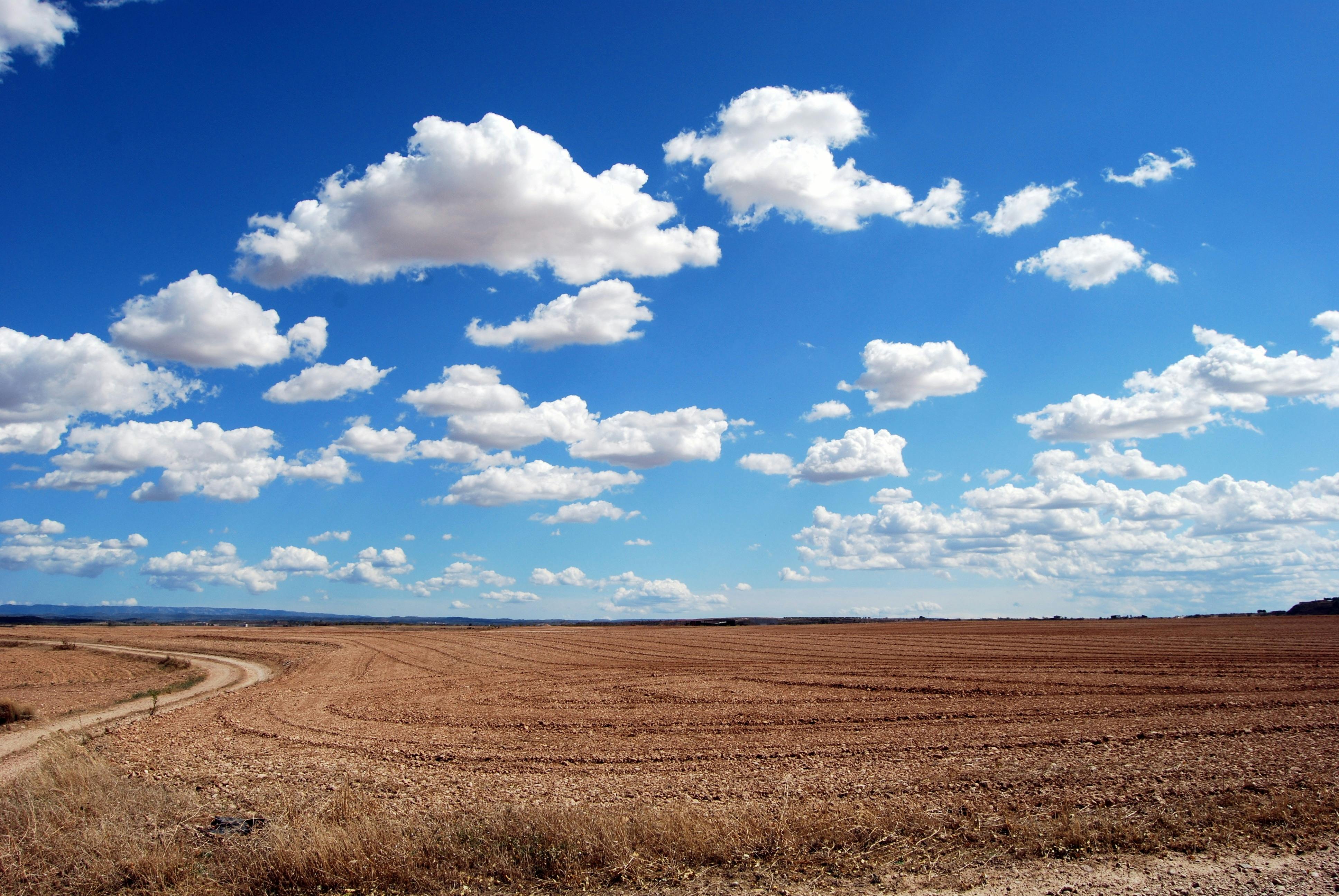
Rain-fed cultivation - Innovative techniques to phenotype drought resistant crops for a sustainable agricultural management in drylands
- Awarded person: Francesca D'Agostini
- Department: Humanities
- Type of action: PhD student
The original project funded by the call was directed at developing one experimental cultivation in the ICRISAT research centre (Patancheru, India). The experimental cultivations had the objective of building a modern database of crop samples, grown in a controlled environment, to use as comparison for the reconstruction of long-term agricultural systems in drylands. In the face of the COVID-2019 emergency, the project underwent modifications, not so much in the objectives but in the technical development of the research. Not being able to travel to India, the Planetary Wellbeing board authorised the joining of my project with that of Carla Lancelotti (“The Multifunctional Rooftop Garden of Dipòsit de las Aigües Building”) with the aim of building an experimental station on the roof of the Merce Rodoreda building (Campus de la Ciutadella-UPF), where we carried out the same planned research on a reduced, but significant number of samples. Moreover, having saved on transport, I had the opportunity to carry out two experimental cultivations instead of one, increasing the number of species and environmental seasons tested. The new project, merged with that of Carla Lancelotti, was entitled “Water p-ROOF”.
Related publications:

(In)Corporate Sustainability Conference
- Awarded person: Lela Melon
- Department: Law
- Type of action: Workshops & Conferences
The (In)Corporate Sustainability Conference aimed to facilitate interdisciplinary discussions on sustainability challenges and solutions in public administration, corporate practices, and higher education. The event took place from September 16-18, 2020, at Pompeu Fabra University, Spain.
Related publications:
- An edited Volume with Routledge (https://www.routledge.com/Sustainability-in-Public-Procurement Corporate-Law-and-Higher-Education/Melon/p/book/9781032151038)
- A special volume of Sustainability Journal: https://www.mdpi.com/journal/sustainability/special_issues/in_corporate_sustainability
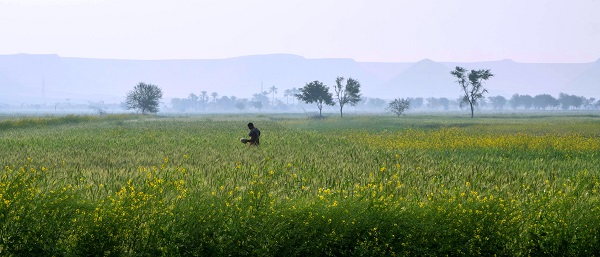
Land Use: from Global to Local
- Awarded person: Marco Madella
- Department: Humanities
- Type of action: Pilot Project
This project aims at understanding the historical depth of land use and its dynamics to inform resilient socio- ecological systems and to comprehend the historical role of land use as driver of future climate change. More information about the project here.
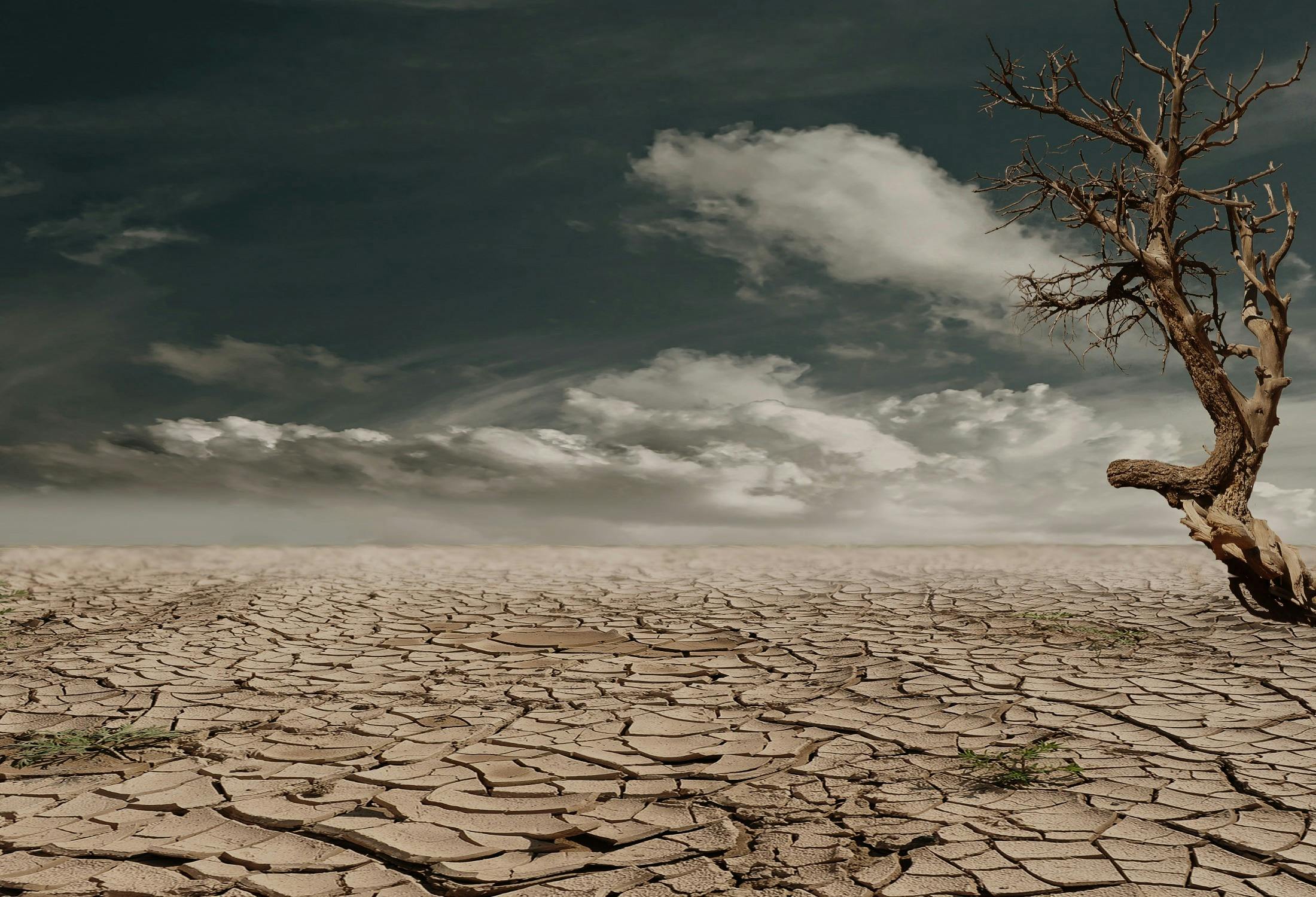
Understanding Our Climate Emergency Through Art and Aesthetics.
- Awarded person: Santiago Zabala and Isabel Valverde
- Department: Humanities
- Type of action: Workshops & Conferences
This conference gathered philosophers and artists working on our environmental emergency through art and aesthetics to widen the horizons of our University Planetary Wellbeing Project implemented by the former President of the UPF, Prof. Jaume Casals. The conference was not only meant to show how the prevailing techno-economical approach has not managed to reduce a dramatic environmental emergency that has now reached levels of no return, but also to propose alternative transformative actions to counter this condition. Art, as well as the humanities broadly understood, can provide us with a different conceptual platform to address these issues outside the techno-economical approach we are framed in. Scientists and organizations, for example, repeatedly foresaw the recent pandemic, but little was done to prepare ourselves for its impact.
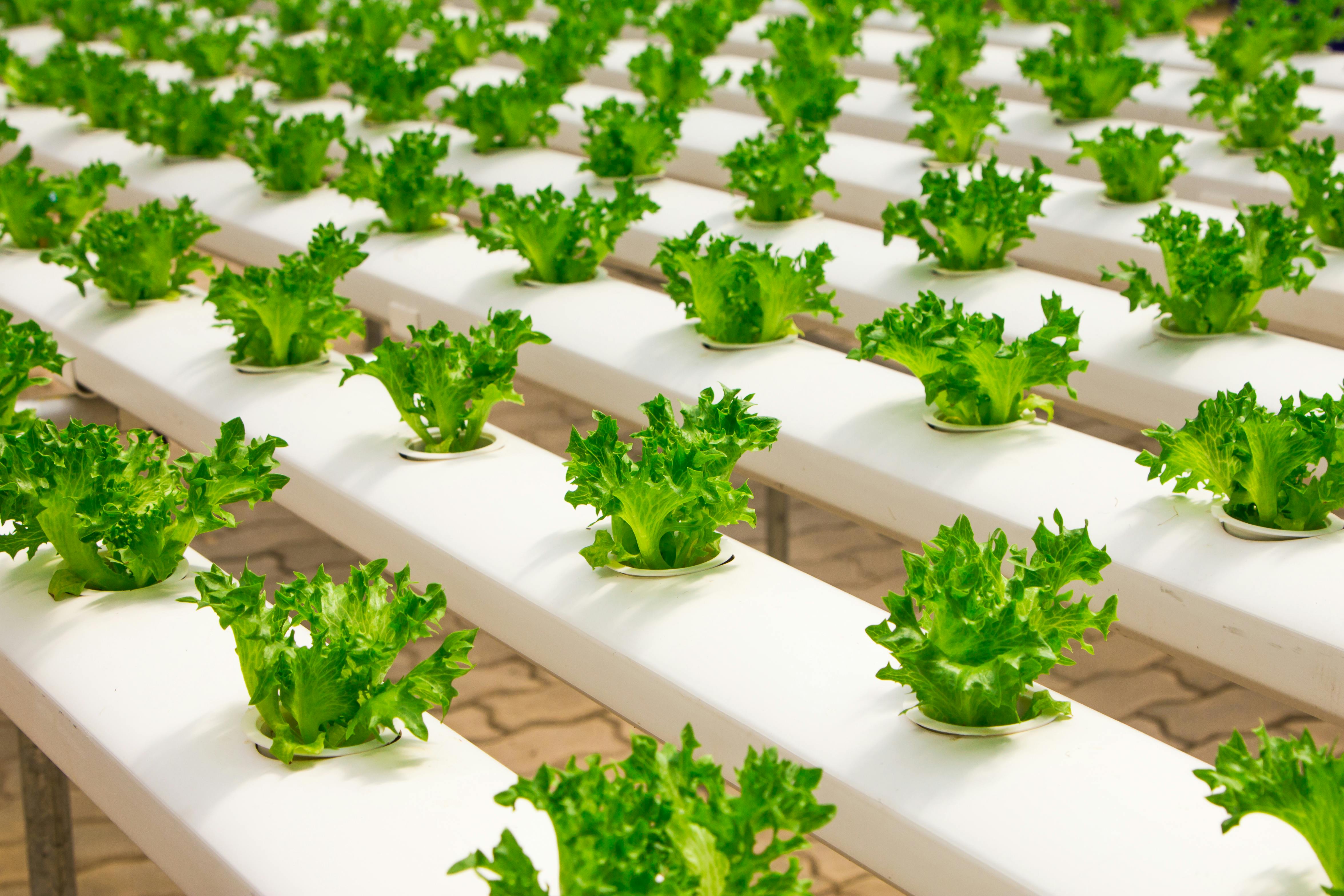
Optimise Vertical Farming – Feed the world, reduce emissions, promote healthy diets
- Awarded person: Alberto Santini
- Department: Economics and Business
- Type of action: Pilot Project
We propose a pilot study for the use of Vertical Farming (VF) techniques to grow food on-site at public schools. VF is a technology to grow produce in stacked shelves in controlled indoor environments, allowing to (1) increase the yield per square meter, thus reducing the need for arable land; (2) stop the use of pesticides and chemical fertilizers, reusing nutrients from waste; (3) ensure high-quality yields all year round; (4) limit water consumption using rainwater for irrigation and advanced low-water growth techniques, (5) move production to the site of consumption, reducing emissions from food transportation. With this pilot project, we want to prove that VF is well-suited to grow vegetables and greenery for public school canteens.
Related publications:
- Santini, A., Bartolini, E., Schneider, M., & de Lemos, V. G. (2021). The crop growth planning problem in vertical farming. European Journal of Operational Research, 294(1), 377-390.
- Delorme, M., & Santini, A. (2022). Energy-efficient automated vertical farms. Omega, 109, 102611.

Encuentro: ¿Repetimos café? Hablemos de #MaternidadesInvisibles
- Awarded person: Mònica Figueras Maz and María José González
- Department: Communication and Political and Social Sciences
- Type of action: Workshops and Conferences
Encuentro de un día en formato mixto presencial y online que tuvo como objetivo establecer un diálogo activo entre por una parte, mujeres jóvenes y madres y, por otra, la academia y representantes de la sociedad civil con la finalidad de identificar los ejes prioritarios en relación a la conciliación con el empleo y la distribución equitativa de los trabajos de cuidado. El encuentro principal fue seguido de encuentros posteriores en petit comité en las que se han realizado sesiones/formaciones con el objetivo de plasmar las
ideas en un documentos de políticas públicas y un vídeo colaborativo, ambos aún en elaboración, ello debido a que el trabajo tiene un enfoque longitudinal que recoge cómo se mantienen o transforman sus vivencias, inquietudes y preocupaciones sobre la maternidad.
